- Home
- slideshows
- miscellaneous
- Netflix didn't save the romantic comedy: 5 TV shows did, and most were created by women
Netflix didn't save the romantic comedy: 5 TV shows did, and most were created by women
“New Girl” — Fox (2011-2018), created by Liz Meriweather

“The Mindy Project” — Fox and Hulu (2012-2017), created by Mindy Kaling
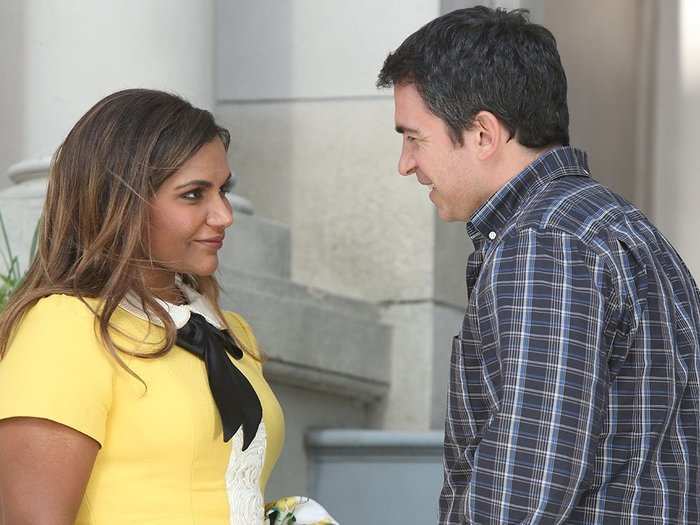
Mindy Kaling is one of the true saviors of the romantic comedy. Kaling is not shy about her obsession with movies like “When Harry Met Sally ...” And her show, “The Mindy Project,” which premiered on FOX in 2012, was very forward with its love of the genre. Movies like “You’ve Got Mail” are, after all, one of the reasons why Kaling went into the entertainment business.
“The Mindy Project” pilot’s opening shot is a scene from “When Harry Met Sally ...” before there’s any shot of any character in the series, followed by clips from “You’ve Got Mail” and “Notting Hill.”
Over its six seasons, the series swapped characters and completely abandoned a lot of material in order to get better. But one thing stayed the same: Kaling’s aggressive obsession with rom-coms.
Much like "New Girl," which aired on the same network on the same night, "The Mindy Project" stuck with a "will they/won't they" relationship between Mindy Lahiri and Danny Castellano. And the show took a long, complicated journey to get to an ending that no 90-minute film could have accomplished.
“You’re the Worst” — FXX (2014-Present), created by Stephen Falk
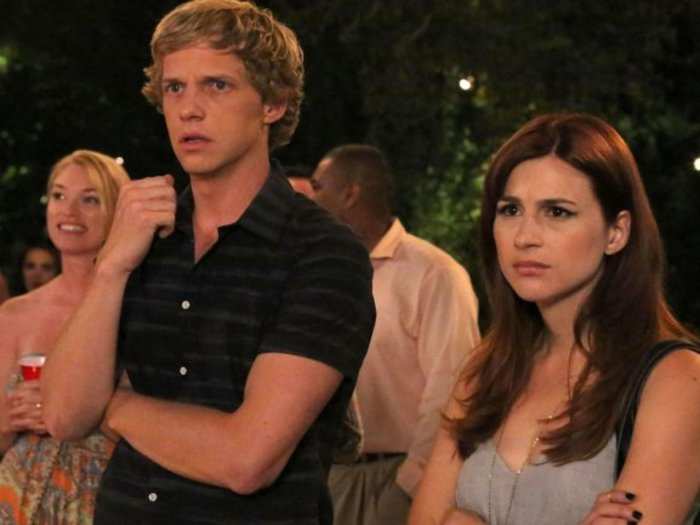
“You’re the Worst” is a cynic’s take on the rom-com. And it reflects the dating habits of millennials. It’s not about finding someone to marry: it’s about avoiding that.
“You’re the Worst,” which follows Gretchen and Jimmy, who meet at a wedding and have a one-night stand in the pilot, goes out of its way to demonstrate just how horrible its romantic leads are for each other. This is quite the opposite of what rom-coms do. And even if a rom-com tried to do this in film, it wouldn't have the time to invest as much as "You're the Worst" can with an episodic format.
"You're the Worst" has enough time to give its sloppiest (in personality, not writing) characters some depth and humanity, including Gretchen's best friend Lindsay, who is one of the dumbest people on the planet but also a human being with feelings and desires. It also has time for an entire season dedicated to Gretchen's clinical depression, and time to dive into Edgar's (Jimmy's roommate) heroin addiction and PTSD.
“Jane the Virgin” — The CW (2014-Present), developed by Jennie Snyder Urman
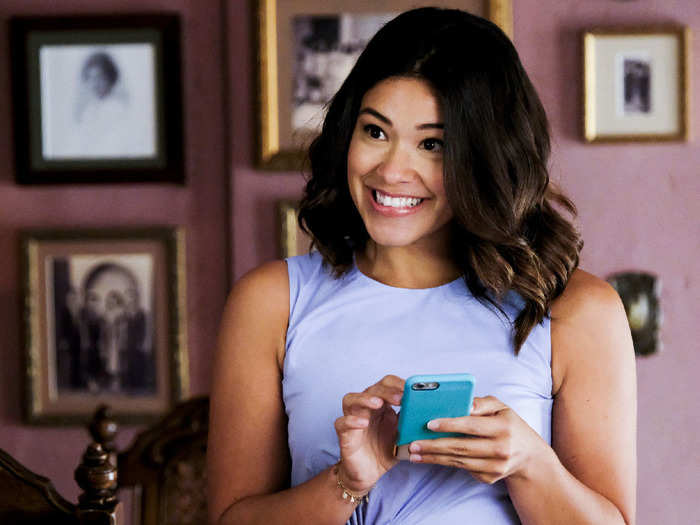
"Jane the Virgin" is influenced by a lot of things: telenovelas, romance novels, and romantic comedies.
The show, which follows Jane, a virgin who gets accidentally artificially inseminated with a man's sperm and chooses to have the baby and thus begins a love triangle with her current boyfriend and the father of the baby she's carrying, embraces cheesy romance because Jane does.
It can get heavy on drama, like an arc involving the death of a loved one and another involving breast cancer. The show also takes on other issues including illegal immigration, murder, and telenovela elements like a surprise twin sister. There's also quite a lot of kidnapping. But at its heart, it's a romantic comedy that focuses more on the romance than the comedy, which is what so many people really want, even if they don't admit it.
"Crazy-Ex Girlfriend" — The CW (2015-Present), created by Rachel Bloom and Aline Brush McKenna
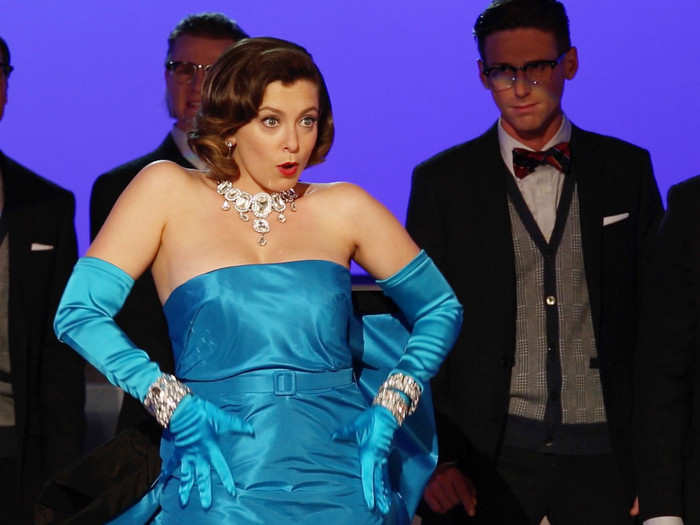
"Crazy Ex-Girlfriend" takes a dangerous stereotype about women that romantic comedies have helped instill onto society (the "crazy ex"), and uses it to tell a story of a woman with a mental illness that has a huge impact on her romantic relationships.
The show is deep, funny, and one of the most creative shows ever made on television. It doesn't get nearly enough credit for being hopelessly romantic while criticizing some of the bad things romantic comedies have depicted.
It also tells a lot of story, particularly inner workings of characters' minds through satirical songs that range from replicating the music of "Les Miserables" to Bruno Mars. There are usually two to three short songs per episode, depending on the length and production quality. One of its most iconic songs, "The Math of Love Triangles" — inspired by Marilyn Monroe's "Diamonds Are a Girls Best Friend" number from "Gentlemen Prefer Blondes" — uses the dumb blonde stereotype to make fun of the overdone but captivating love triangle. Another popular song from the show's third season, "Let's Generalize About Men," an 80s inspired anthem, is the four main female characters complaining about how awful men are in neon suits.
But they haven't always worked...
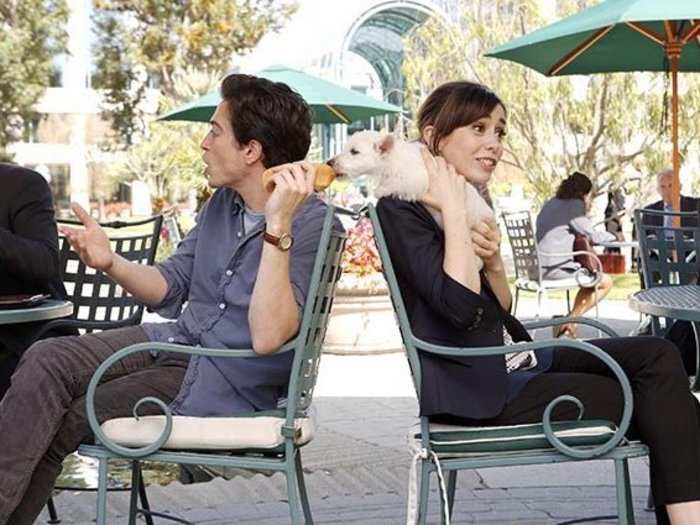
“A to Z,” which starred Ben Feldman (“Superstore,” “Mad Men”) and Cristin Milioti (the mother that "How I Met Your Mother" killed off) told the story of a long-winded romance. Andrew, a bro with a soft side, is obsessed with Zelda, who a “girl’s girl” who "likes pedicures and themed cocktail parties” but avoids seriously dating someone at all costs. NBC canceled it a few weeks after it premiered.
“Manhattan Love Story” (2014) was a standard love story with a terrible twist: the audience got to know what the man and the woman were thinking. And guess what? It piled stereotype upon stereotype. The woman (Analeigh Tipton) loved shopping and purses, the man (Jake McDorman) loved sex and boobs. We’d already seen this premise in “What Women Want,” and it didn’t work there either. ABC canceled it less than a month after its premiere.
But even though these shows failed spectacularly, they also helped people (a generation of creators in particular) realize that this genre works within television. And this eventually got romantic comedies where they are today: revolutionized for a new era of viewers who never wanted them to go away. They just wanted something new.
Popular Right Now
Popular Keywords
Advertisement